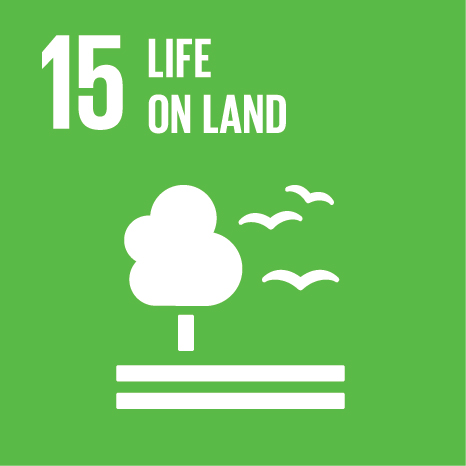Ciência_Iscte
Publications
Publication Detailed Description
Cultivated ties and strategic communication: Do international environmental secretariats tailor information to increase their bureaucratic reputation?
Journal Title
International Environmental Agreements: Politics, Law and Economics
Year (definitive publication)
2022
Language
English
Country
Netherlands
More Information
Web of Science®
Scopus
Google Scholar
This publication is not indexed in Overton
Abstract
The past few years have witnessed a growing interest among scholars and policy-makers in the interplay of international bureaucracies with civil society organizations, other non-profit entities, and the private sector. This article extends the state of research by investigating whether and how secretariats try to strengthen their reputation within their respective policy regimes through information provision and alliance building. Based on reputation theory, the article argues that ties cultivated with stakeholders as well as appearance and presentation of information are decisive in this regard. Methodologically, the study implements a mixed-methods design that combines a quantitative survey with social network analysis and qualitative content analysis of interviews with stakeholders within the climate and biodiversity regime. We show that the secretariats of the Convention on Biological Diversity (CBD) and the United Nations Framework Convention on Climate Change (UNFCCC) maintain relationships with a wide range of state and non-state actors to enhance their reputation. Moreover, different types of actors receive different types of information from the two secretariats studied. Our findings reveal that both secretariats use their limited resources for investing strategically into networks with different types of actors (in the broader transnational policy network), either via the tailored provision of information or through strategic networking with multipliers. They also indicate that reputation does not simply depend on characteristics of bureaucracies, but also on framework conditions and different communication strategies.
Acknowledgements
We thank Flávia Rabello, Vanessa Höhne, and Susanne Helm for helping us prepare the data on which this study is based. Furthermore, we thank two anonymous reviewers for their helpful comments and advice.
Keywords
United Nations Framework Convention on Climate Change (UNFCCC),Convention on biological diversity (CBD),Climate and biodiversity secretariat,Social Network Analysis (SNA),Bureaucratic reputation,Information provision
Fields of Science and Technology Classification
- Political Science - Social Sciences
Funding Records
| Funding Reference | Funding Entity |
|---|---|
| JO 1142/1-1 | Deutsche Forschungsgemeinschaft |
| FOR 1745 | Deutsche Forschungsgemeinschaft |
| KO 4997/1-1 | Deutsche Forschungsgemeinschaft |
| UIDB/03126/2020 | Fundação para a Ciência e a Tecnologia |
Related Projects
This publication is an output of the following project(s):
Contributions to the Sustainable Development Goals of the United Nations
With the objective to increase the research activity directed towards the achievement of the United Nations 2030 Sustainable Development Goals, the possibility of associating scientific publications with the Sustainable Development Goals is now available in Ciência_Iscte. These are the Sustainable Development Goals identified by the author(s) for this publication. For more detailed information on the Sustainable Development Goals, click here.

 Português
Português




